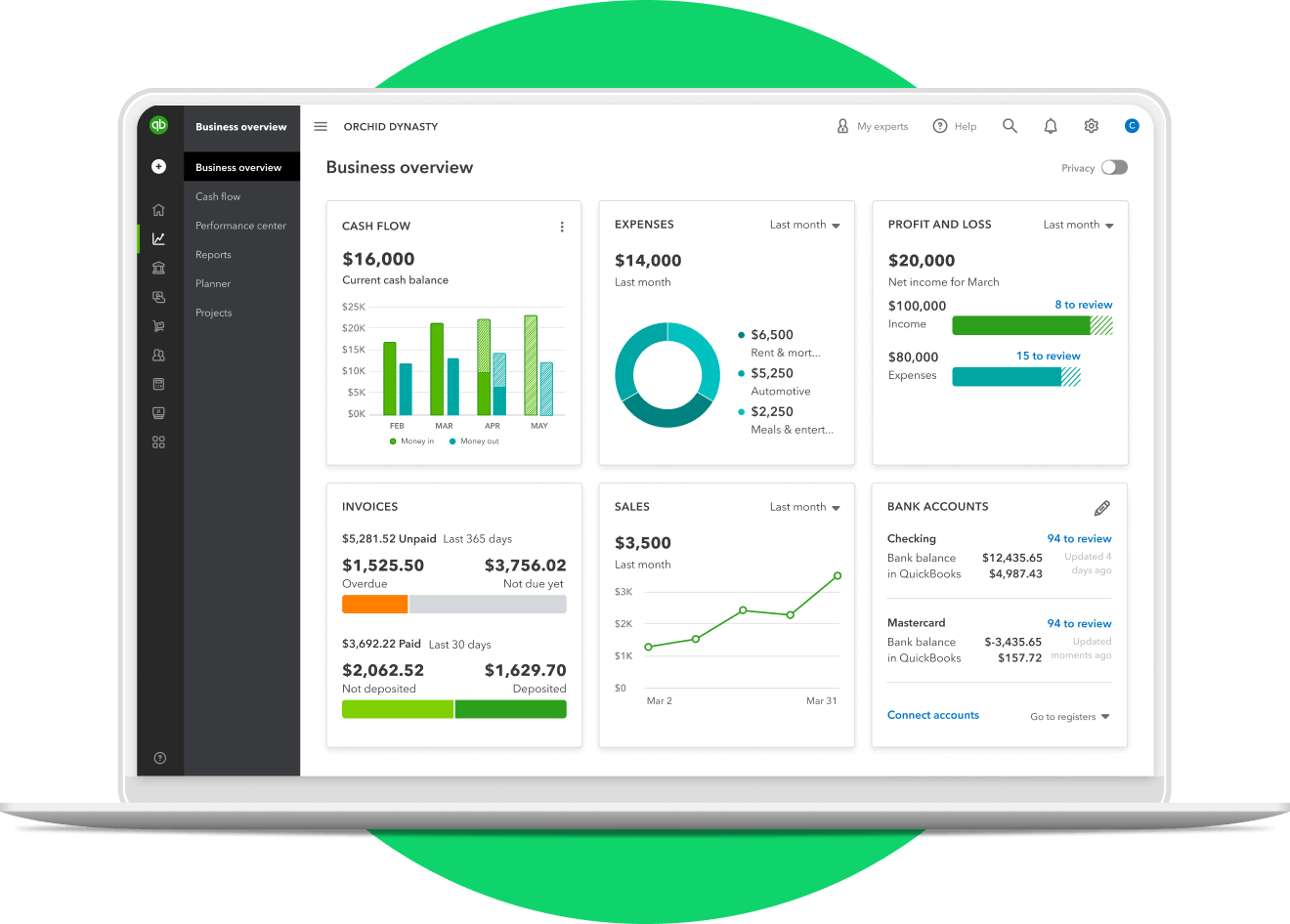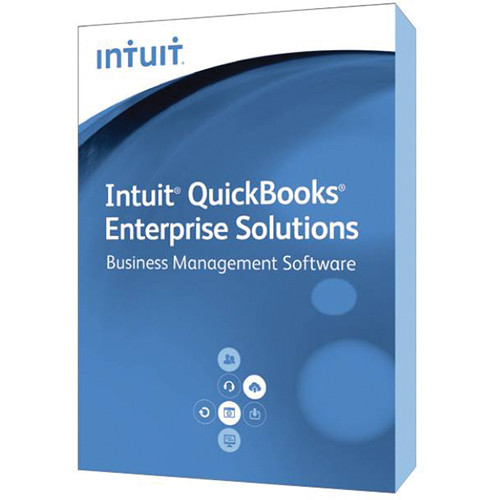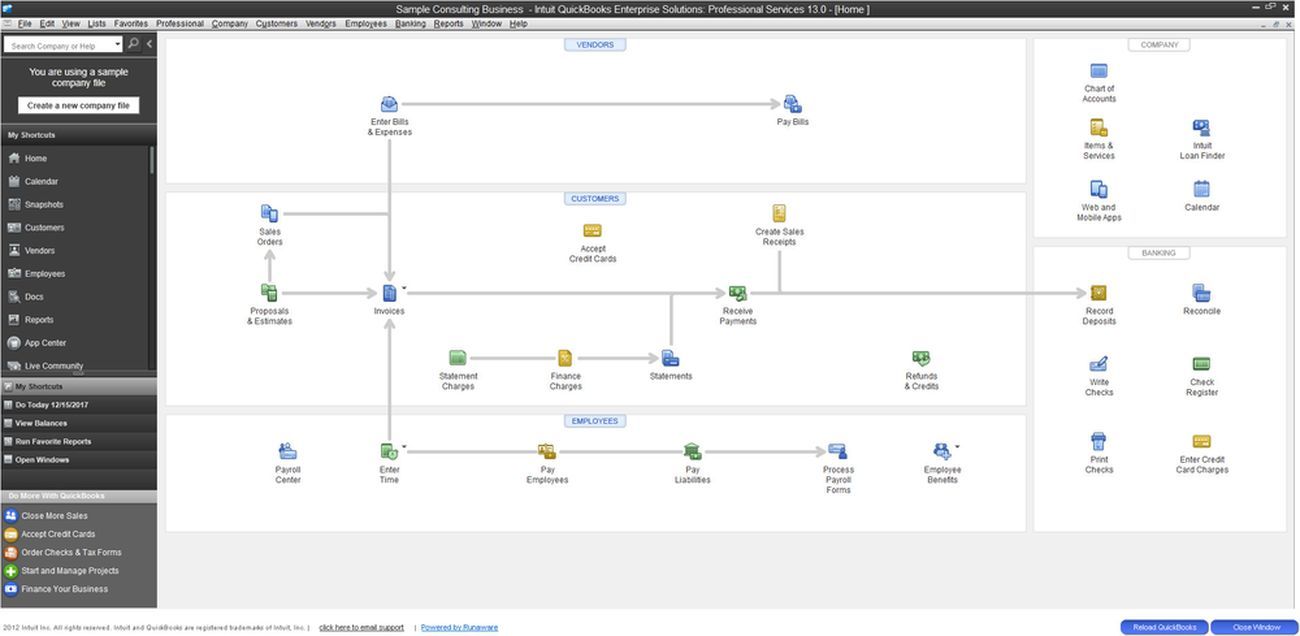QuickBooks Enterprise Software: The Ultimate Guide for Growing Businesses
Keywords: QuickBooks Enterprise, accounting software, business management, inventory management, financial reporting, scalability, cloud accounting, small business, medium business, enterprise resource planning
Are you a growing business owner struggling to manage your finances and operations efficiently? Do spreadsheets and manual processes leave you feeling overwhelmed and behind? If so, you’re not alone. Many businesses, especially those experiencing rapid growth, find themselves needing a robust, scalable solution for managing their financial and operational data. This is where QuickBooks Enterprise software comes in. This comprehensive guide will walk you through everything you need to know about QuickBooks Enterprise, helping you determine if it’s the right fit for your business.
What is QuickBooks Enterprise?
QuickBooks Enterprise is a powerful accounting software designed for mid-sized businesses and growing enterprises. Unlike QuickBooks Online or QuickBooks Desktop Pro, QuickBooks Enterprise offers advanced features and scalability to handle complex business operations. It’s more than just accounting software; it’s a comprehensive business management solution that can help streamline your processes, improve efficiency, and provide valuable insights into your business performance.
Keywords: QuickBooks Enterprise features, advanced accounting, business management tools, scalability, advanced inventory management, financial reporting, customization
Key Features of QuickBooks Enterprise:
QuickBooks Enterprise boasts a wide array of features designed to meet the diverse needs of growing businesses. These features can be broadly categorized as:
-
Advanced Accounting: Beyond basic accounting functions, QuickBooks Enterprise offers capabilities like multi-currency support, advanced budgeting tools, and robust financial reporting. You can easily track income and expenses, manage accounts payable and receivable, and generate customized reports to analyze your financial health.

-
Inventory Management: If you’re managing a large inventory, QuickBooks Enterprise provides sophisticated inventory tracking tools. You can track stock levels, manage purchase orders, and optimize your inventory levels to minimize costs and avoid stockouts. This feature is particularly valuable for businesses with multiple locations or a wide range of products.

Advanced Reporting: Generate detailed and customizable reports to gain insights into your business performance. You can track key metrics, identify areas for improvement, and make data-driven decisions to enhance your profitability. The reporting capabilities in QuickBooks Enterprise far exceed those available in simpler accounting software.
-
Customization: QuickBooks Enterprise allows for significant customization to fit your specific business needs. You can tailor the software to reflect your industry-specific practices and workflows, ensuring optimal efficiency.
-
Scalability: As your business grows, QuickBooks Enterprise can grow with you. Its scalable architecture allows you to easily add users, locations, and features as your needs evolve. You won’t be limited by the software’s capabilities as your business expands.

QuickBooks Enterprise vs. Other Accounting Software:
Choosing the right accounting software can be challenging. Let’s compare QuickBooks Enterprise to some popular alternatives:
| Feature | QuickBooks Enterprise | QuickBooks Online | Xero | Sage 50cloud |
|---|---|---|---|---|
| Scalability | Excellent | Good | Good | Good |
| Inventory | Excellent | Good | Good | Good |
| Reporting | Excellent | Good | Good | Good |
| Customization | Excellent | Limited | Good | Good |
| Cost | High | Medium | Medium | Medium |
Choosing the Right QuickBooks Enterprise Edition:
QuickBooks Enterprise is available in several editions, each designed to cater to different business sizes and needs:
| Edition | Number of Users | Number of Items | Best For |
|---|---|---|---|
| QuickBooks Enterprise Gold | 5 | 25,000 | Businesses with moderate inventory needs |
| QuickBooks Enterprise Platinum | 10 | 100,000 | Businesses with large inventory needs |
| QuickBooks Enterprise Diamond | 20 | Unlimited | Businesses with very large inventory needs and complex operations |
Implementing QuickBooks Enterprise:
Implementing QuickBooks Enterprise successfully requires careful planning and execution. Here are some key steps to consider:
-
Data Migration: Transferring your existing data to QuickBooks Enterprise smoothly is crucial. Plan this process carefully, ensuring data accuracy and minimizing downtime.
-
User Training: Provide thorough training to your employees on how to use the software effectively. This will ensure that everyone can utilize the system’s features and maximize its benefits.
-
Customization: Customize the software to fit your specific business needs and workflows. This will optimize efficiency and streamline your processes.
-
Integration: Integrate QuickBooks Enterprise with other business applications, such as your CRM or e-commerce platform, to improve data flow and automate tasks.
-
Ongoing Support: Consider investing in ongoing support to address any issues that may arise and to ensure that you’re getting the most out of the software.
Benefits of Using QuickBooks Enterprise:
Using QuickBooks Enterprise offers numerous benefits for growing businesses:
-
Improved Efficiency: Automate tasks, streamline workflows, and reduce manual data entry, freeing up your time to focus on strategic initiatives.
-
Better Financial Control: Gain a clear and comprehensive view of your financial performance, enabling better decision-making and improved profitability.
-
Enhanced Collaboration: Improve collaboration among team members by providing access to a centralized database of financial and operational data.
-
Scalability: As your business grows, QuickBooks Enterprise can adapt to your changing needs, ensuring that the software continues to be a valuable asset.
-
Data-Driven Decisions: Make informed decisions based on accurate and up-to-date financial data, leading to improved business outcomes.
Frequently Asked Questions (FAQs):
-
Q: What is the cost of QuickBooks Enterprise?
A: The cost of QuickBooks Enterprise varies depending on the edition and the number of users. It’s best to contact a QuickBooks reseller or Intuit directly for pricing information.
-
Q: Is QuickBooks Enterprise cloud-based or on-premise?
A: QuickBooks Enterprise is primarily on-premise software, meaning it’s installed on your company’s servers. However, there are cloud-based options available through third-party providers.
-
Q: How much training is required to use QuickBooks Enterprise?
A: The amount of training required will depend on your employees’ existing accounting knowledge and the complexity of your business operations. Intuit offers training resources, and many resellers provide customized training programs.
-
Q: Can QuickBooks Enterprise integrate with other software?
A: Yes, QuickBooks Enterprise can integrate with a variety of other software applications through its API and third-party integrations. This allows for seamless data exchange and automation of various tasks.
-
Q: What is the customer support like for QuickBooks Enterprise?
A: Intuit provides various support options, including phone, email, and online resources. Many resellers also offer support and training services.
Conclusion:
QuickBooks Enterprise is a powerful and versatile accounting software solution ideal for mid-sized and growing businesses. Its advanced features, scalability, and customization options make it a valuable asset for companies seeking to streamline their operations, gain better financial control, and make data-driven decisions. While the initial investment may be higher compared to other accounting software, the long-term benefits in efficiency, accuracy, and business insights far outweigh the cost. If you’re looking to take your business to the next level, QuickBooks Enterprise is definitely worth considering. Remember to carefully assess your specific needs and choose the edition that best fits your business size and operational complexity.
